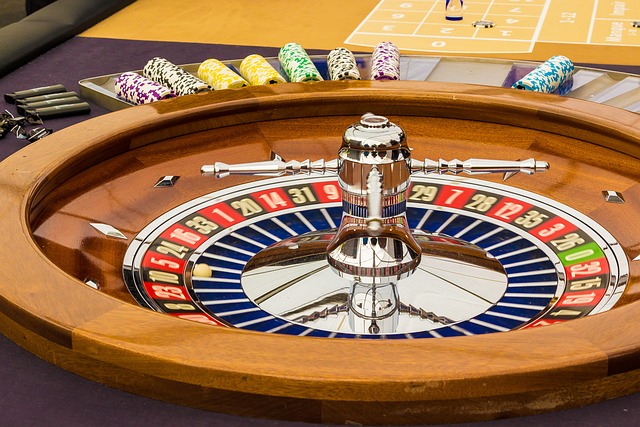On the night of March 15, 2004, three visitors entered the Ritz Casino in London. They started playing roulette, and so successfully that the security service suspected something was wrong. Impassive Croat Niko Tosa and his friends, apparently, relied on some method that allowed them to win steadily. There were no signs of fraud in their verified and repeated actions according to a strict algorithm, but this style of play itself smacked of deception. To test your luck at roulette, you can visit the Woo Casino login website.
Tosa’s company won more than a million pounds from the casino. Finally, the mysterious Croatian gentleman promised to return — and did not lie. But the next time he met police and security at the Ritz. And then their desire to solve Tosa’s algorithm changed the world of gambling forever.
Defeat the Chaos

The Ritz was a typical London casino for the rich. Diplomats, Arab sheikhs, hedge fund magnates and even Johnny Depp could be found in this invitation-only establishment. Checks for thousands, tens and hundreds of thousands of pounds were commonplace here.
The roulette itself in the Ritz was a standard European model: 37 red and black numbered cells in a seemingly random sequence. 32, 15, 19, 4, and so on, as well as the green “zero”.
Tosa and his “colleagues” outwardly did not differ in anything remarkable. He played mostly with a friend, while their companion ordered drinks in the meantime. But, if you look closely, you could see that the players’ team was most attracted by the sectors for special bets, the so-called orphans and neighboring cells.
The calculating Croat and his comrades did not win every time, but rather abnormally often: for example, they had a whole series of eight, ten and thirteen victories. Even with a dozen chips worth a total of 1,200 pounds (about $2,200 at the time), a 35:1 payout meant they could double their money.
At first, the Ric security staff could only nervously watch as the stack of chips around Tosa grew and grew. However, he attracted attention not with victories, but with an extremely characteristic manner of playing. After the dealer launched the ball, Tosa and his companions waited six or seven seconds. When the pace of the plastic ball hitting the wood began to slow down, the players immediately placed chips and occupied up to 15 numbers at the same time. They moved so quickly and smoothly, as if they were acting on command. And then they won.
The Croatian player seemed to see the future. His company didn’t seem to care about winning or losing. Without much emotion, they repeated the same actions, not even paying attention to the result of the throw. It looked as if Tosa had figured out how to overcome the randomness factor embedded in roulette. And it looked like a serious problem for the casino.
Niko Tosa’s path to success ended very soon. On the morning of March 16, after a stormy night at roulette, he left the Ritz with a check for 310 thousand pounds, and in total his company earned 1.3 million. To the staff of the institution, to their obvious displeasure, he promised to return — and kept his word. However, the next time he was already met by casino security, police and a whole charge of fraud.


